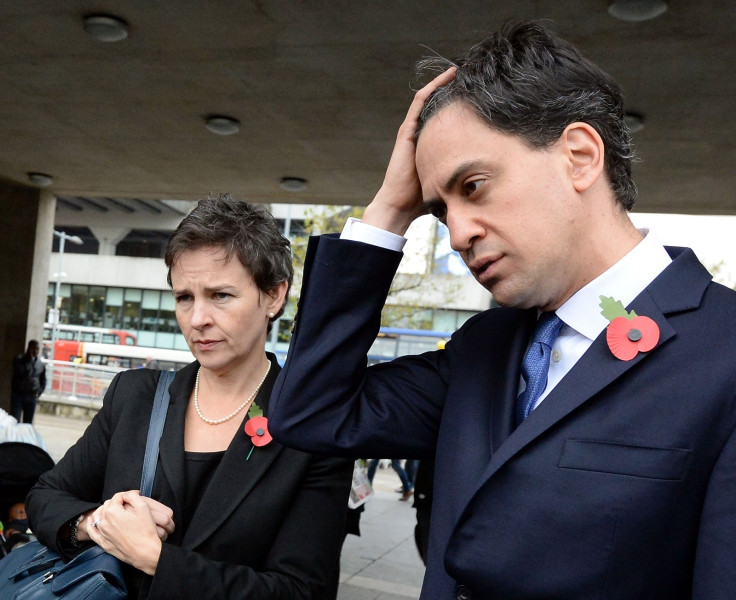Labour leadership: Mary Creagh withdraws from race and attacks anti-business rhetoric

Rank outsider Mary Creagh has withdrawn from the Labour leadership race, and has blasted the previous leadership's "anti-business rhetoric and tone of the party's message".
The shadow international development secretary's withdrawal on 12 June leaves only Andy Burnham, Yvette Cooper and Liz Kendall and Jeremy Corbyn in the running - and only the first three have the 35 MP nominations required to go forward to the ballot. Nominations close on Monday 15 June.
Blairite Creagh, writing in the Guardian, criticised former leader Ed Miliband's stance on business.
"The leader's office did not understand business and didn't understand what business needed from government," she said.
"I spent 10 years working with small business people at London Enterprise Agency and Cranfield business school.
"I learned from them that Labour cannot be the party of working people and then disapprove when some working people do very well for themselves and create new businesses, jobs and wealth."
Labour must want big business to succeed – it's where many of the jobs are – but pay and conditions must be fair
Creagh added, however, that she was "proud to have played my part in opening up the debate about why Labour lost" the 7 May election.
She writes: "Much has been said over the past few weeks about why Labour lost the election and our problem with business: the anti-business rhetoric and tone of the party's message; the fact that business people would be invited to write reports as public relations exercises, their recommendations left to gather dust on Westminster bookshelves; the fact that not a single CEO of a large company would come out to back Labour's stance on not having an EU referendum during the election.
"Labour must want big business to succeed – it's where many of the jobs are – but pay and conditions must be fair. And Labour must want small business to succeed: it's where innovation and creative thinking take place. All big businesses started out small. But dividing them into 'producers' or 'predators' alienates businesses, large and small."
© Copyright IBTimes 2024. All rights reserved.





